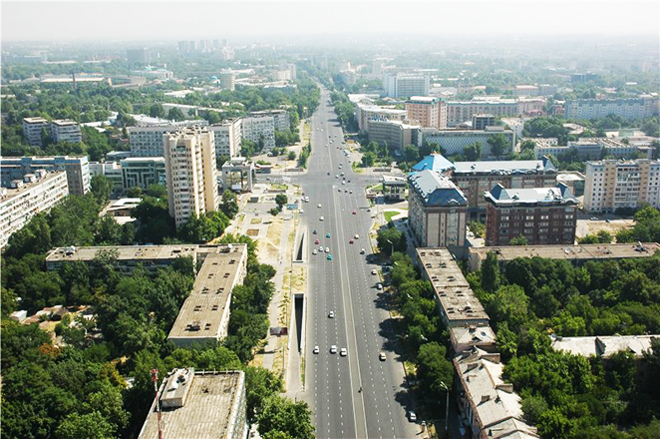Tashkent, Uzbekistan, May 19
By Demir Azizov- Trend:
A regional secretariat of the advanced experience centers for combating the chemical, biological, radiological and nuclear threats in Central Asia will be established in Tashkent.
The memorandum on the establishment and functioning of the secretariat was signed during a meeting of the Uzbekistan - European Union Cooperation Council in Brussels, the foreign ministry of Uzbekistan said May 19.
The document was signed by Foreign Minister of Uzbekistan Abdulaziz Kamilov and Director of the United Nations Interregional Crime and Justice Research Institute Jonathan Lucas as part of the meeting of the Uzbekistan - European Union Cooperation Council.
The EU will finance the activity of the regional secretariat.
A decision of opening the secretariat in Tashkent was approved in March 2015 at the second meeting of the high-level dialogue on security issues among the EU and Central Asian countries in Brussels.
Its main task is to determine the coordination of the joint use of knowledge and experience of the regional countries to prevent the spread of hazardous materials in Central Asia.
The specialists from Kazakhstan, Kyrgyzstan, Tajikistan, Turkmenistan and Uzbekistan will participate in the activity of the center.
According to the foreign ministry, the state and prospects of relations between Uzbekistan and the EU in political, trade-economic, investment, cultural-humanitarian and other spheres, as well as the Central Asia - EU format were also discussed at the meeting of the Council.
The two sides exchanged the views on the key international and regional problems, including the situation in Afghanistan.
At present, the relations with the European countries are being developed on a bilateral level and as part of the Partnership and Cooperation Agreement among Uzbekistan, the European communities and their member-states, which entered into force on July 1, 1999.
There are five joint Uzbekistan-EU bodies: the Cooperation Council, the Cooperation Committee, the Parliamentary Cooperation Committee, the Subcommittee on Trade and Investments, the SubCommittee on Justice, Home Affairs, Human Rights and related issues in Uzbekistan.
Edited by CN






